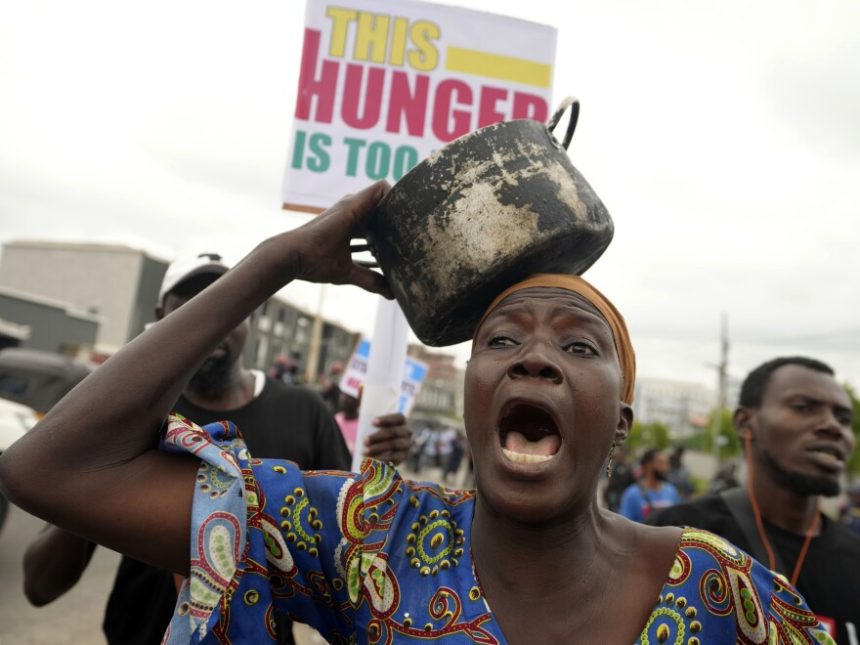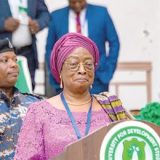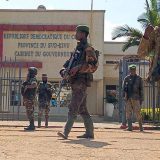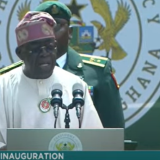Nigerians in Lagos took to the streets on Monday, continuing their protests against economic hardships despite President Tinubu’s plea for a suspension of the demonstrations.
The protests, dubbed “days of rage,” target Nigeria’s worst cost-of-living crisis in a generation, alongside accusations of misgovernment and corruption.
In Africa’s most populous country and a top oil producer, the stark contrast between public officials’ huge earnings and the high levels of poverty and hunger fuels the discontent.
Inspired by similar protests in Kenya last month against a planned tax hike, Nigerian demonstrators share grievances against a government perceived to have failed to meet the expectations that brought it to power. One protester told the Associated Press that “the question of dialogue has been raised,” but emphasized that “these protests are, in themselves, a dialogue with the masses of working people.”
In his presidential broadcast, Tinubu defended the bold reforms intended to save government funds and attract foreign investments.
However, these measures, including the suspension of long-standing and costly gas subsidies and currency devaluations, have exacerbated economic hardship, leading many Nigerians to believe the reforms have been poorly implemented.





